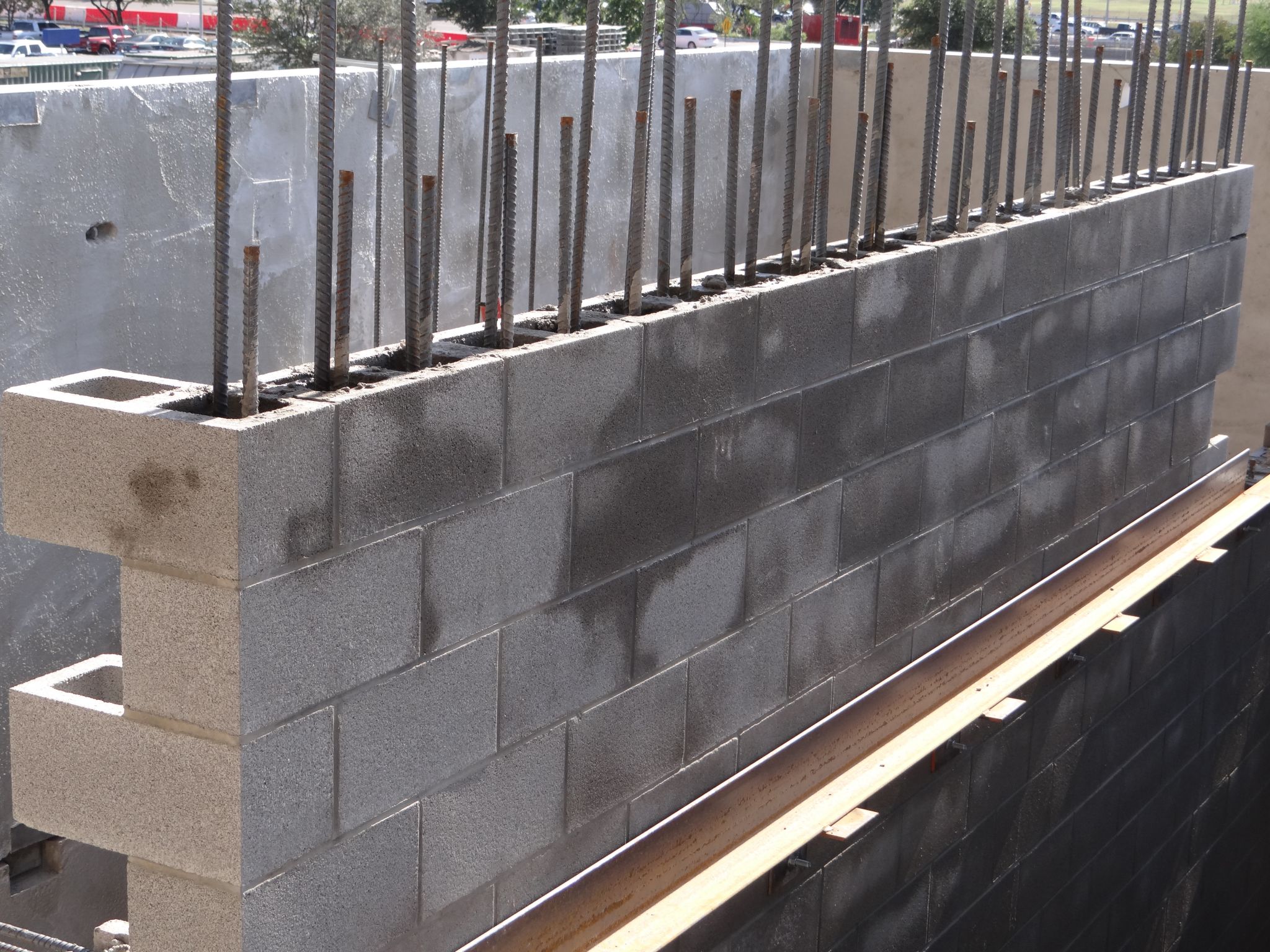
Durable Waterproofing for Concrete Masonry Walls Redundancy required
Concrete masonry is used to construct various foundation wall types, including full basement walls, crawlspace walls, stem walls and piers. Concrete masonry is well suited for below grade applications, because of its strength, durability, economy, and resistance to fire, insects and noise.
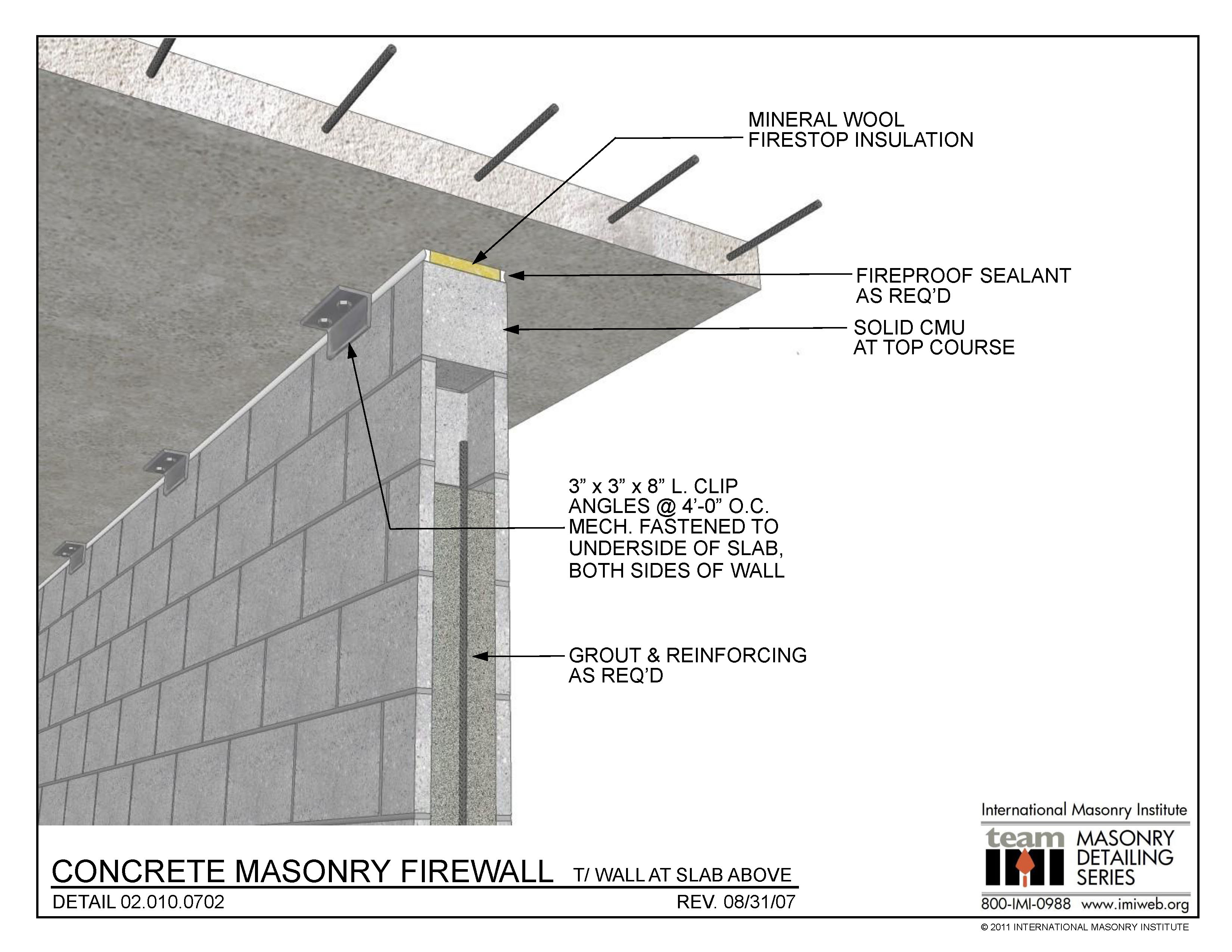
02.010.0702 Concrete Masonry Firewall T/ Wall at Slab Above
Concrete masonry units provide strength, durability, fire resistance, energy efficiency, and sound attenuation to a wall system. In addition, concrete masonry units are manufactured in a wide variety of sizes, shapes, colors, and architectural finishes achieve any number of appearances and functions.
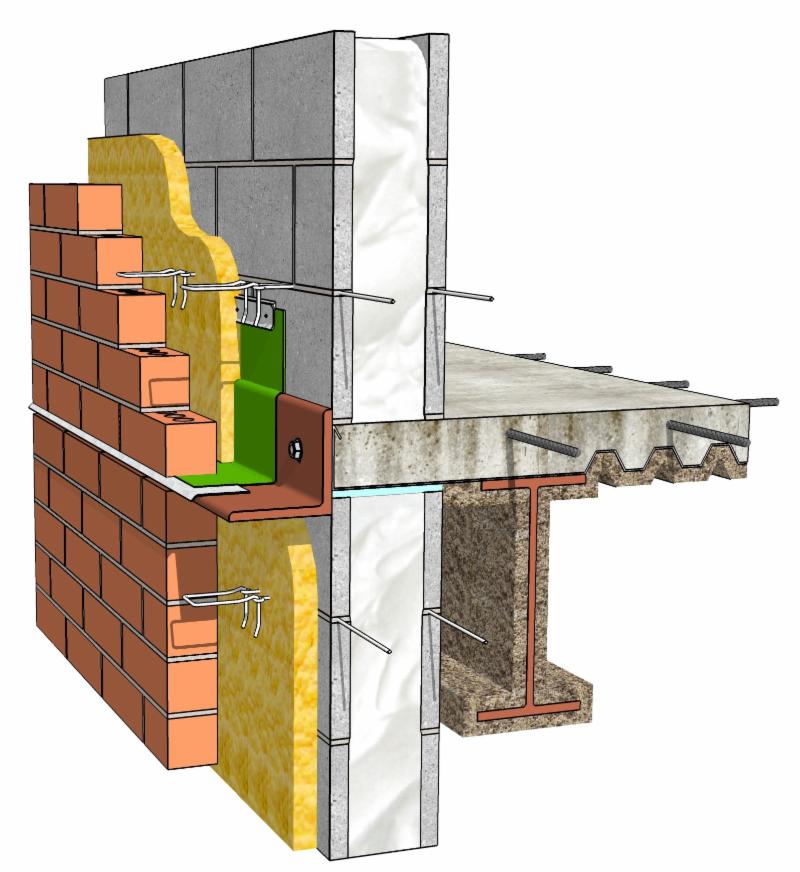
Building More Comfortable Buildings With Concrete Masonry SCMA
Concrete masonry units are typically referred to as lightweight, medium-weight, or normal-weight, with respective unit weights or densities less than 105 pcf, between 105 and 125 pcf, and more than 125 pcf. Residential foundation walls are typically constructed with low- to medium-weight units because of the low compressive strength required.
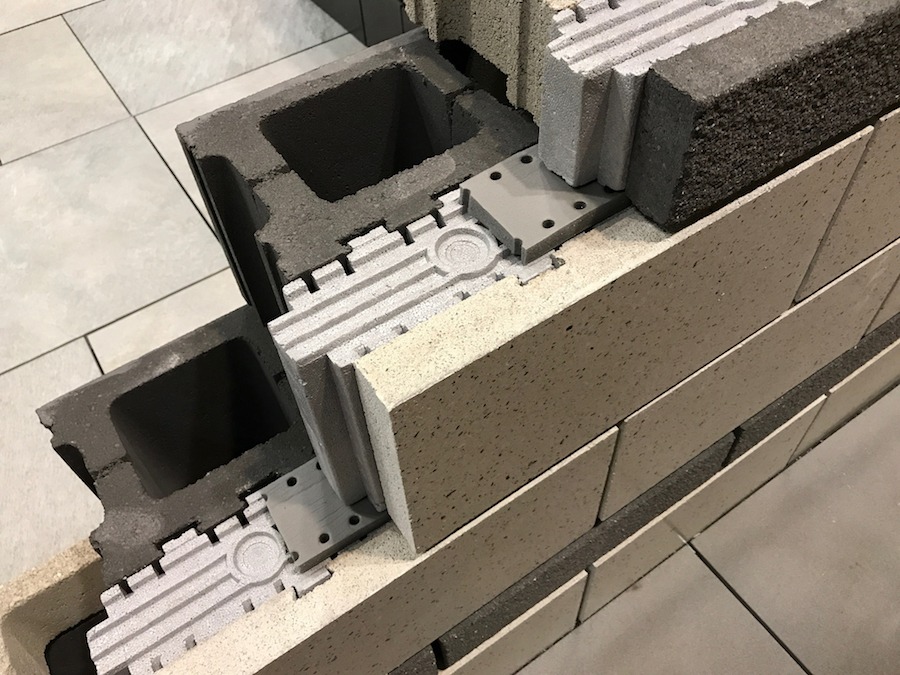
Building Blocks Innovations in Concrete Masonry Units Masonry Magazine
Concrete masonry unit walls have strength, versatility, and cost-effectiveness. CMUs are durable and resistant to a wide range of environmental conditions, including fire and impact damage. Concrete has excellent strength in compression that makes it a great construction material.

02.***.**** High Lift Grouting Procedures International Masonry
Concrete Masonry Unit Test: For each type of unit required, per ASTM C 140. 3. Mortar Test (Property Specification): For each mix required, per ASTM C 780.. Build sample panels for typical exterior wall in sizes approximately 48 inches long by 48 inches high. Construct conditions showing sill, head, jamb, and terminations with other

Assembly 4 Detail 4G Concrete masonry unit, Wall design, Masonry
Concrete blocks, also known as Concrete Masonry Units or CMUs, provide very durable structural and non-structural partitions. They are generally used as a backup wall that gets covered with a finish material or exposed in utilitarian spaces like mechanical rooms or basements.
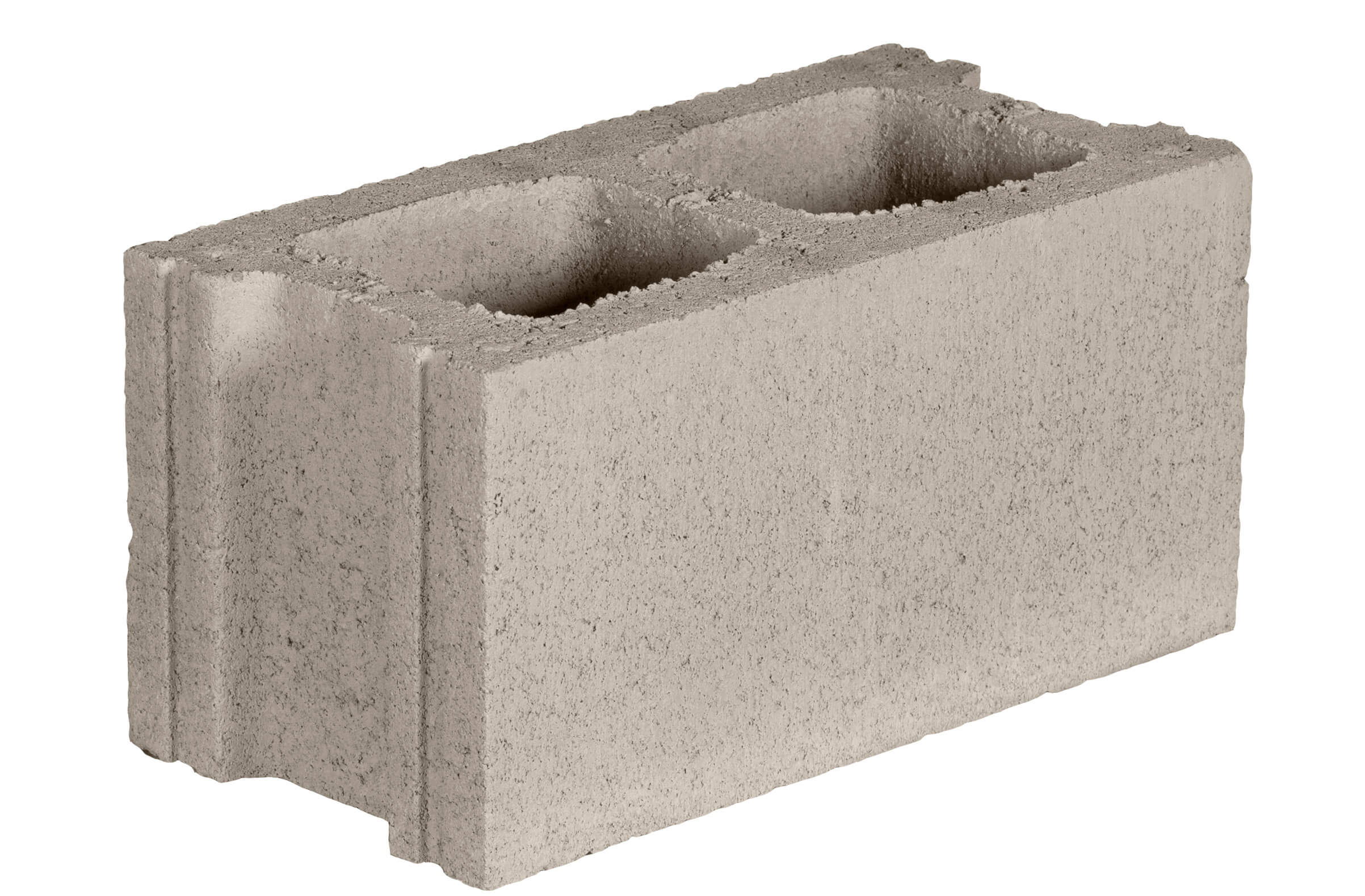
Concrete Masonry Units Shaw Brick
Split face masonry is thermally efficient, sound absorbent, and fire resistant- making it a preferred product in the construction of commercial projects such as theaters, schools, and municipal buildings. It is manufactured as a normal-weight or lightweight unit; it conforms to ASTM C 90 standard specification for load-bearing concrete.

Oldcastle Architectural’s InsulTech™ Insulated Concrete Masonry System
"CMU" stands for concrete masonry unit — a standardized, precast rectangular block used in several construction applications. Construction in any form requires reliable, durable and cost-effective materials. In addition to fulfilling these requirements, CMUs are easy to install and provide a flexible option for design and construction.

Concrete Masonry Retaining Walls CMU Wall Retaining Wall Companies
Increase thermal resistance of wall Concrete Masonry Units wt wn = normalized web area wn wt = total web area n = nominal length of unit Hn = nominal height of unit theproblock.com Concrete Block Sha es and T Sash unit Lintel unit 7 5/8" All kerf unit Double corncr unit plain unit 7 5/8" 155/8" unit or shaped unit

Concrete Masonry Unit with Masonry Veneer and Fluid or Sheet AWB with
A concrete masonry unit is a flexible and environmentally friendly building unit available on the market in various shapes and sizes. Concrete Masonry Units is the full name of the CMU. CMU walls are load-bearing walls that are frequently employed in the construction of both residential and commercial structures.

County Materials’ Oversized 32” Concrete Masonry Units Are the Key to
Concrete masonry can provide a cost-effective, durable structure for any building type. Reinforced masonry incorporates rebar and grout to create a monolithic wall that can withstand earthquakes, hurricanes, tornadoes, and other natural and manmade events. Engineers should use a compressive strength (f'm) of 2000 psi or more for masonry to.
The Pros and Cons of Block Masonry Walls Nettleton Concrete
Concrete Masonry Units. All concrete block produced by Angelus are low impact CarbonKind CMU. This symbol indicates CarbonKind products and product lines. Angelus Block offers an enormous selection of cmu for every application: from leading-edge architectural masonry to utilitarian structural solutions. Use the All CMU Products Search to find a.

02.010.0311 Base of Wall Detail Single Wythe Block, Split Base
Typical specified dimensions for standard concrete masonry units of 8 inch (203 mm) nominal thickness are shown below. ASTM C 90 Standard Specification for Loadbearing Concrete Masonry Units. Section 9F - Glass Unit Masonry Section 9G - Fire Wall Construction Section 9H - Sound Walls Section 9I - Arches Section 9J - Masonry Floor Systems
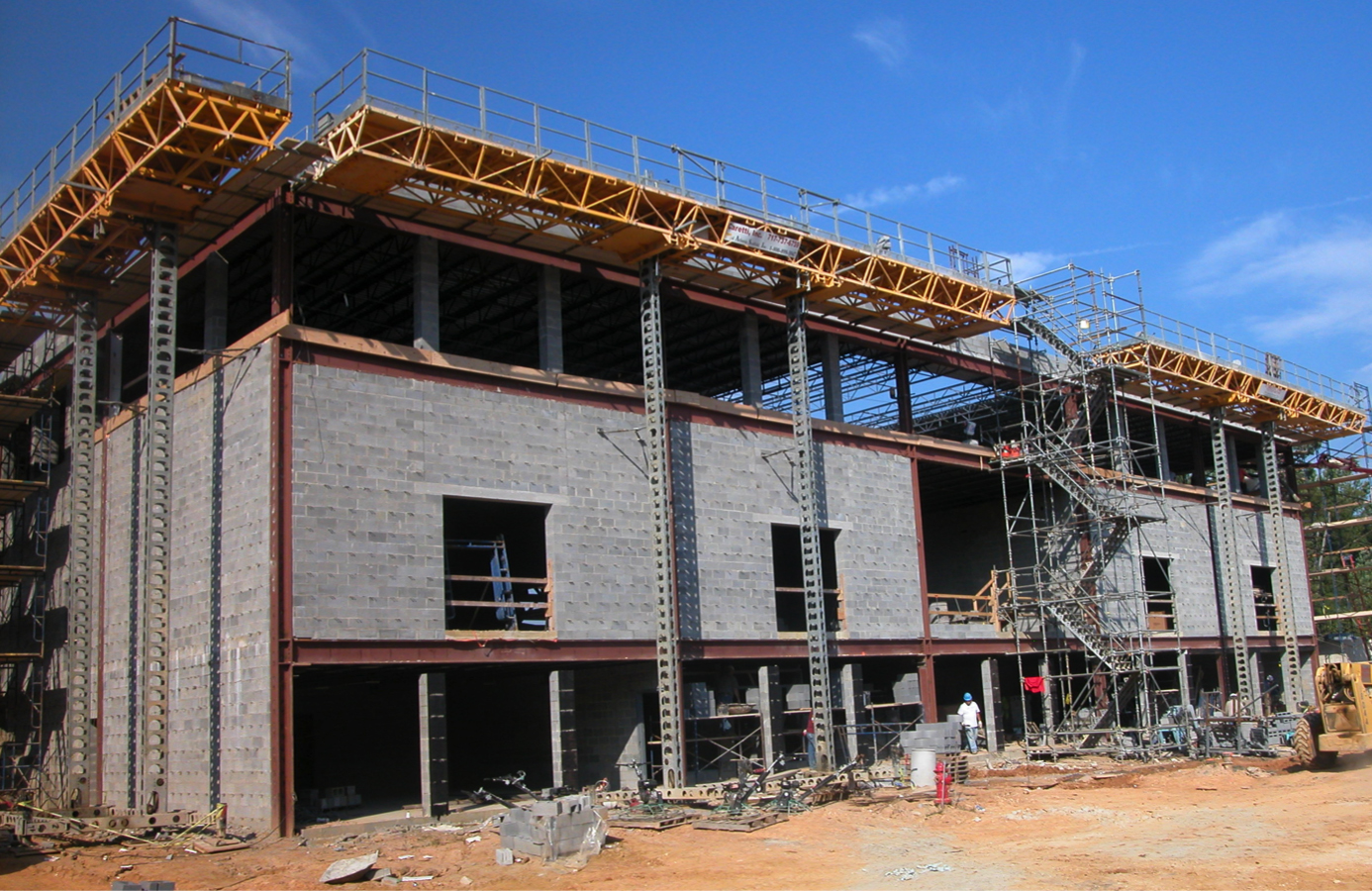
Concrete Masonry Units International Masonry Institute
A concrete masonry unit (CMU) walls are standard size rectangular blocks used in building construction, CMU is the most versatile building product available because of the wide variety of appearances that can be achieved using them; concrete masonry unit walls will help to reduce the waste of time.
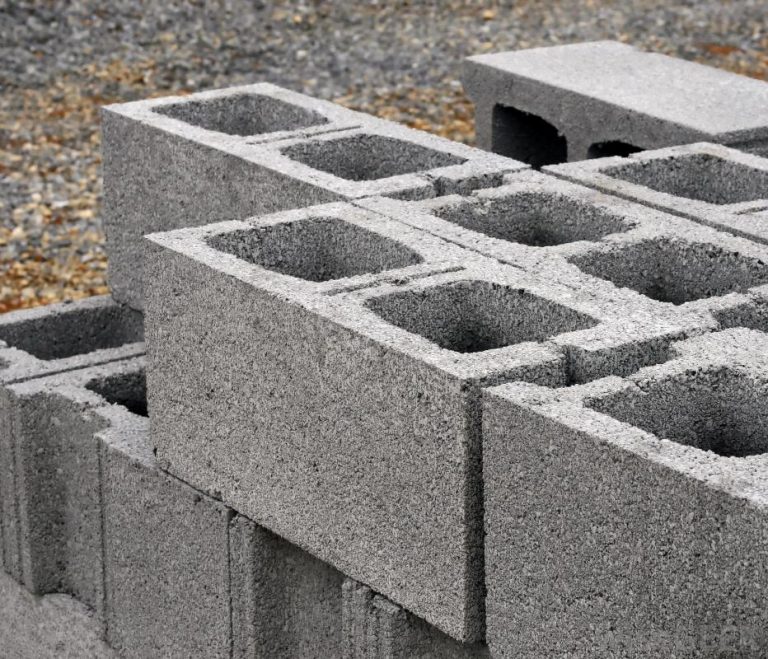
Concrete Masonry Unit Saudi Readymix
CMU, which stands for Concrete Masonry Unit, is a versatile building material known for its strength and durability. Builders across the globe rely on CMU walls for various applications, from residential homes to commercial structures. But to harness the full potential of CMU walls, you need to understand their intricacies and best practices.

Insulated concrete masonry unit For Residential Pros
INTRODUCTION Engineered design of concrete masonry uses section properties to determine strength, stiffness and deflection characteristics. These design philosophies are summarized in Allowable Stress Design of Concrete Masonry, Strength Design Provisions for Concrete Masonry and Post-Tensioned Concrete Masonry Wall Design (refs. 1, 2, 3).